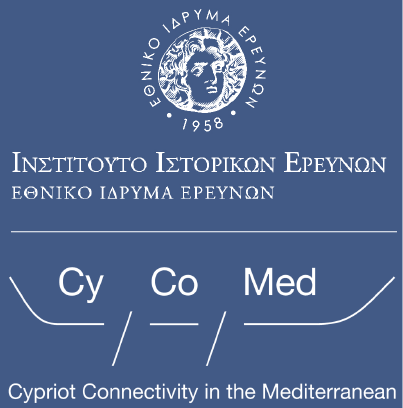Giorgos Bourogiannis
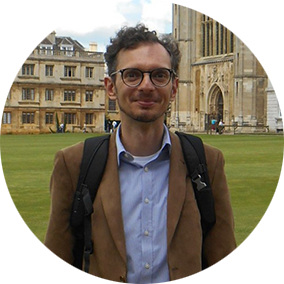
Principal Researcher
Archaeologist
Giorgos Bourogiannis has taught archaeology courses at the University of Athens – Plato Academy educational programs, at the Hellenic Open University and at the postgraduate course on the archaeology of the Eastern Mediterrenean of the University of the Aegean in Rhodes. He has taken part in numerous excavation projects at Xombourgo-Tenos, Kardamaina-Kos, Epidaurus, Lefkandi-Euboea, Heraion-Samos, Kyme-Italy, Palaipaphos-Cyprus, Kharayeb-Lebanon and Naukratis in Egypt. He has presented papers at numerous international conferences in Greece and abroad, and has an extensive publication record of scientific articles, books and conference proceedings. In 2015 he organized in Stockholm the international Cyprological conference ‘Ancient Cyprus today: Museum collection and new research’, that was published one year later. Furthermore, on 8–11 December 2020 he organized the international digital conference ‘Beyond Cyprus: Investigating Cypriot Connectivity in the Mediterranean from the Late Bronze Age to the end of the Classical period’. His research interests embrace the contacts between the Aegean and the eastern Mediterranean, the archaeology of Cyprus and the Levant, the use of writing and writing systems in the Early Iron Age Aegean, Phoenician language and epigraphy, the archaeological visibility of Cypriot activity and possibly presence overseas, sanctuaries and cult, as well as issues of trade networks in the eastern Mediterranean with emphasis on the role played by the Cypriots. Since 2018, he is the principal investigator of the ‘Cypriot Connectivity in the Mediterranean from the Late Bronze Age to the end of the Classical Period’ research project, acronym CyCoMed, that is funded by the Hellenic Foundation for Research and Innovation – General Secretariat for Research and Innovation. The project is being implemented at the National Hellenic Research Foundation – Institute of Historical Research, in collaboration with the University of Cambidge, Faculty of Classics.
Evangeline Markou
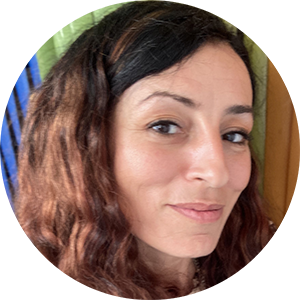
Reasearch Team
Νumismatist
Angelos Papadopoulos
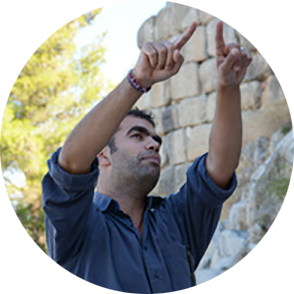
Reasearch Team
Archaeologist
Charalampos Paraskeva
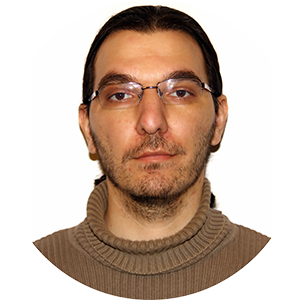
Reasearch Team
Archaeologist
Dr. Charalambos Paraskeva is an archaeologist specialising in the prehistoric archaeology of Cyprus, who also has extensive experience in digital humanities. He holds a degree in History and Archaeology (2004-2008) from the University of Cyprus, an MSc in Mediterranean Archaeology (2008-2010), and a PhD in Archaeology (2010-2015) from the University of Edinburgh, while as part of his commitment to lifelong learning he has completed from 2014 until now 79 MOOC courses on various topics (artificial intelligence, programming, spatial analysis, statistics, pedagogy, graphic design, photogrammetry). In the past he worked as an external associate at the Cyprus Food and Nutrition Museum (2014-2016), as a special scientist (2016), postdoctoral researcher (2016-2019), and research associate (2019-2020) at the University of Cyprus, and as a research associate ( 2018-2019) at the Hellenic Foundation for Research and Innovation, while now he is working as a special scientist (2020-2021) at the University of Cyprus, as a specialist in artefacts digitization (2019-2021) at the Holy Archbishopric of Cyprus, and as a postdoctoral fellow at the Cyprus-American Archaeological Research Institute (2021-2022). He has collaborated to date with a number of research projects (ARCANE-RG3, CARMA, CP, SL, SeSaLaC, CyCoMed, UnSaLa-CY, RURAL-CY, ReCult), participated in several excavation projects (Palaepaphos Urban Landscape Project, Prastio- Archaeological Excavation, Erimi-Pamboula excavations, Souskiou Project, Kissonerga-Skalia Excavation, Elaborating Early Neolithic Cyprus, Geroskipou-Agioi Pente Excavations, Paphos Theatre Archaeological Project) and surface surveys (Settled and Sacred Landscapes of Cyprus, Lophou Archaeological); while to date, he has edited a volume, published 17 studies in peer-reviewed scientific journals and volumes, developed 7 archaeological software packages, and gave 25 presentations at conferences and workshops or as invited solo lectures.
His research interests include prehistoric archaeology (small-scale societies, sociocultural change, trade and exchange, social complexity), methods and techniques in archaeology (pottery typology, survey and excavation methods), digital humanities (databases in archaeology, statistical methods in archaeology, 2D and 3D digitisation), landscape archaeology (GIS analyses, landscape studies, survey), and theoretical archaeology (materialism, assemblage theory, complexity theory). Beyond academic research, he is a technology aficionado, a mathematics enthusiast, a self-taught programmer, and an amateur digital graphics artist and photographer.
Vanessa Pappa
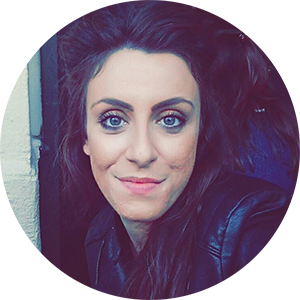
Reasearch Team
Archaeologist
Philippa Mary Steele
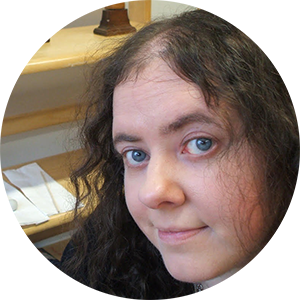
Advisor
Linguistic history
Katerina Boukala-Karkagianni
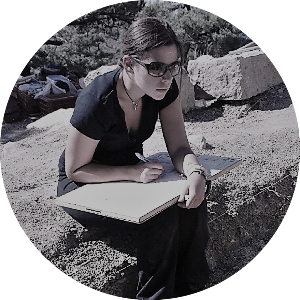
External collaborator
Archaeologist
